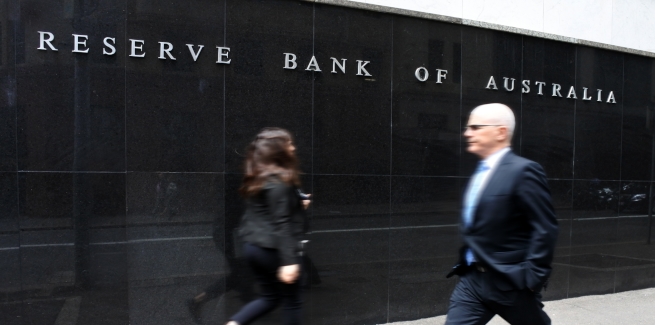Market analysts, including managing director of Market Economics Stephen Koukoulas and senior economist at AMP Capital Shane Oliver, are expecting the Reserve Bank of Australia to drop the official cash rate in the coming month, off the back of a weaker than expected inflation figures reported by the Australian Bureau of Statistics (ABS).
The flat inflation data has come amid continued softness in the credit and housing spaces and lower than expected GDP figures over the past two quarters.
However, speaking to Mortgage Business, Mr Oliver noted that while cuts to the cash rate could provide some stimulus, it is unlikely that it would reverse the current trend.
“There are several factors here; one is that household debt levels are a lot higher than they were back in 2011 when interest rates last started coming down, so there is a question mark as to the household sector’s desire to take on more debt,” he said.
“The banks have [also] become a lot more cautious in their lending standards, and that’s another potential constraint.
“[Additionally], even though house prices have come off, their highs, they’re still relatively high, so affordability is still poor. It’s hard to see us embarking on another boom in house prices like the one we’ve just had in Sydney and Melbourne.”
He added: “For those reasons, we can argue that [RBA cuts] may not be as effective.”
However, Mr Oliver noted that with wholesale funding costs easing, savings passed on by lenders via out-of-cycle interest rate reductions may compound the impact of a monetary policy adjustment.
“I think the banks have seen a reduction in their funding costs that’s clearly evident in the collapse in long-term bond yields, which are already flowing through to lower fixed-rate mortgages,” Mr Oliver continued.
“The banks have also seen a sharp reduction in their short-term funding costs, with the bank bill swap rate collapsing recently, back to more normal relationship against the official cash rates. It was that rise in the bank bill swap rate last year that motivated out-of-cycle interest rate hikes by the banks around August-September.
“You could argue that with funding costs back to more normal levels, then there is a case to reverse those rate hikes, but at the very least, it means that the banks have little excuse but to pass on the full amount.”
The AMP economist expects lenders to hold off from reversing the variable rate mortgage hikes until the RBA board officially drops the cash rate.
“The banks are probably taking the view of, ‘Well, funding costs have come down, but let’s wait and see what the Reserve Bank does’,” he said.
“If the Reserve Bank cuts, then it will be quite easier for them to pass on any reduction in full, which is what I think they will do.”
[Related: ‘Imminent’ RBA cut to ‘validate’ low-rate environment]
 ;
;
